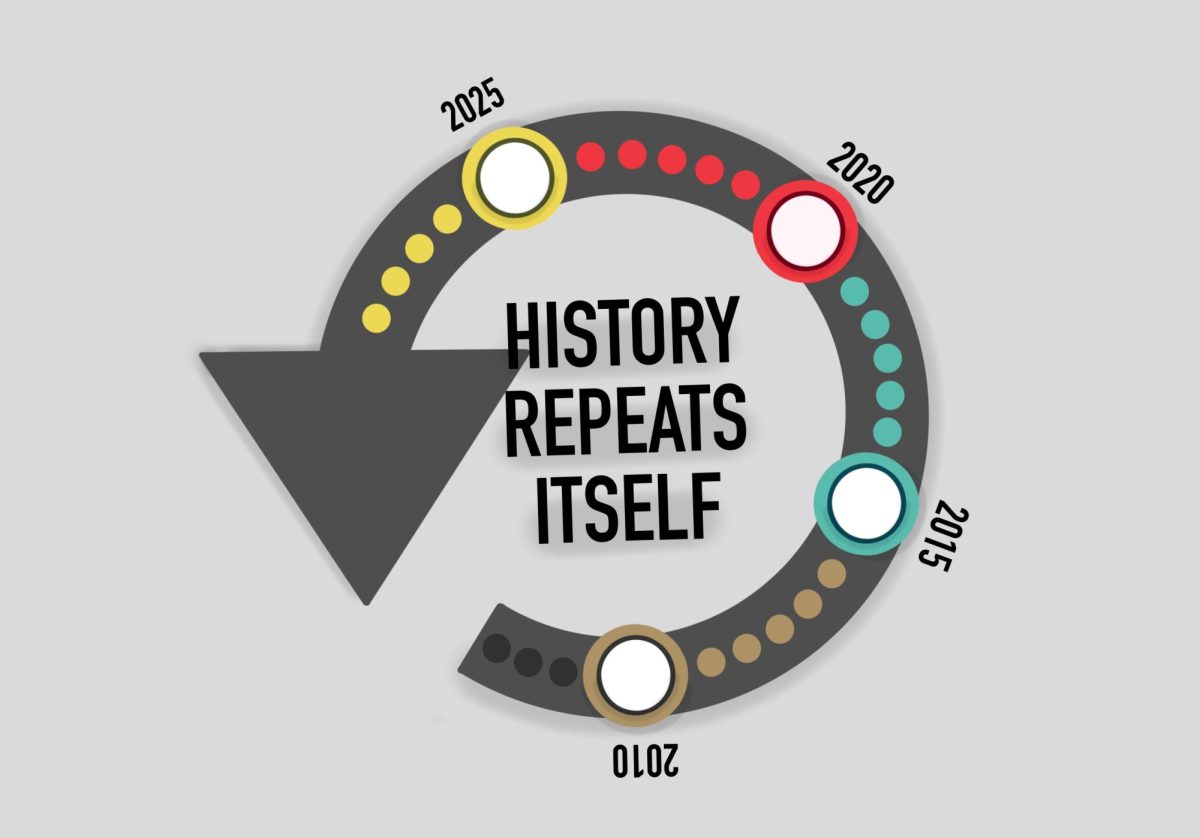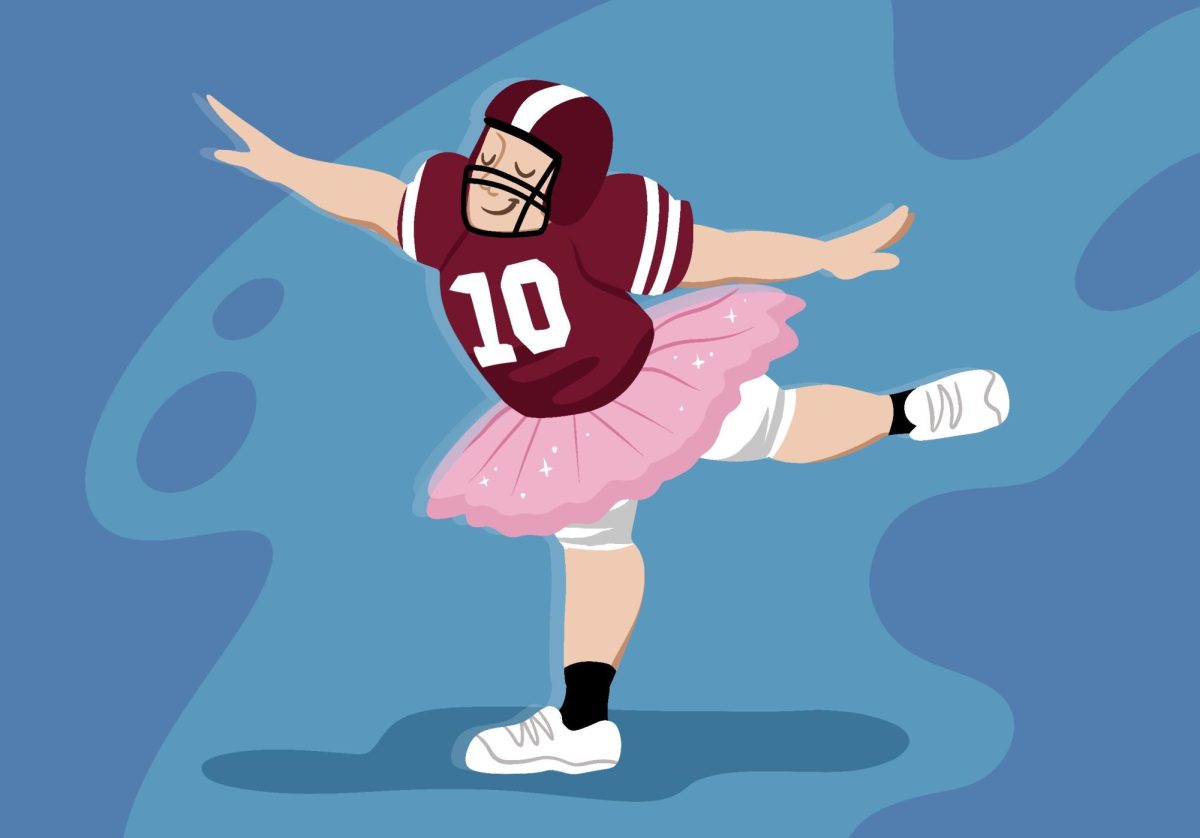Do you know what they say about a big digital footprint? That it will negatively affect your future and your job prospects.
Every time you upload to Instagram, Google that new slang word or make another late-night Amazon purchase, you leave behind breadcrumbs of data that can be followed. That is your digital footprint. Right now, it matters a lot more than most people realize.
Digital footprints are used by some employers as a way to screen potential employees. People often show one side of themselves in an interview, and a different side online and at home. But, in the digital age, our professional and personal lines have blurred — meaning that activities online that are potentially unsavory could cause you to lose out on a job opportunity. This is all well and good for people who had fully developed prefrontal cortexes (i.e., the decision-making part of the brain) as the phenomena of digital footprints became reality. But, how do we navigate these standards for those who have never known anything but the tech age?
The first iPhone was launched in 2007. The class of 2020, our most recent May graduates, were likely between 8 and 9 years old at the time. Technology is an integral part of our lives in a way that no other generation has experienced before, and a larger portion of the average Generation Z-er’s life has been spent online.
I’m 20 years old. If we look at my digital footprint as starting around the same time as the launch of the first iPhone, more than 50% of my life has been tracked and stored online. Every phone call I’ve made has shown my location, every website I click on tells advertisers how to market to me specifically, and every social media post I’ve ever made can be recovered. In contrast, a 45-year-old working professional would have only spent about 28% of their lives on their phone. And yet, we are judged by the same standards.
Let’s look at it a different way: If a minor commits a crime, those files can be sealed once they turn 18. This ensures that young adults are not permanently impacted by mistakes made in their youth. But, there’s no way to “seal” a harmful social media post or poorly worded tweet. If we don’t allow employers access to the court records of minors, why do we accept that companies can and will use the online actions of minors as a screening tool?
This simple logical fallacy is why digital footprints are the new tattoos. Once taboo in the workplace, tattoos are becoming more accepted. Today, some employers are more likely to frown upon political conversations than a visible tattoo, body piercing or non-traditional hair color. Just like tattoos, digital footprints should be used to get an impression of who you are, not as a tool to determine who might get a job. And, like body modifications, it’s hard to legally justify telling another person what they can or cannot do in their personal life. The viewpoints people express online may be indicative of whether they will enjoy a certain work environment, but as long as those viewpoints aren’t directly endangering others, they shouldn’t be directly penalized for holding them.
I’m lucky enough to (currently) have a job where a digital footprint actually benefits me. If you Google my name, and one of my columns is the first result — that’s great. Many people are not so lucky. Normalizing having a digital footprint that isn’t perfectly curated for the professional world isn’t just about the shady legality of employment screening or being fair to Gen Z; it’s about maintaining the idea of a work-life balance. I don’t want to feel like I have to archive silly photos of my friends on Instagram just because they aren’t professional. I want those memories that I cherish to be on my profile for a reason, and I want to see other people being authentic on social media without concern. People are more than the web pages we click on and the phone calls we make.














